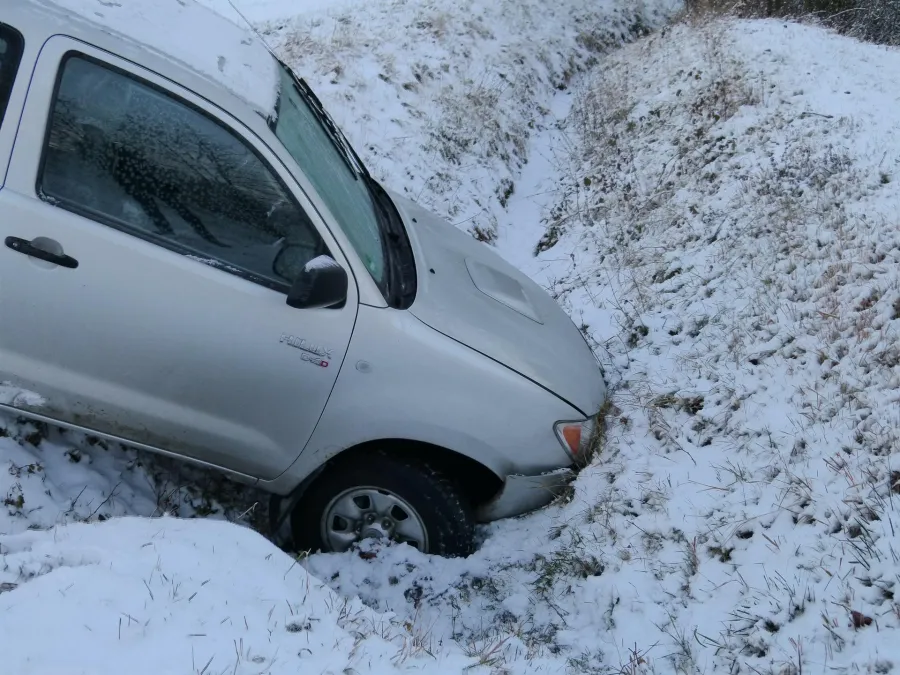WFSE Members to Lawmakers: Cuts Hurt Most Vulnerable

- Longer response times for stranded drivers
- Reduced access to life-saving medical treatment
- More crime suffered by elderly residents
These are just a few of the impacts Washington residents may face if legislators choose budget cuts over new revenue, according to WFSE members Koastyantin Unguryan, Larry Nelson, and Matthew Cox.
Luckily, we still have time to pressure lawmakers to make the super-wealthy start contributing to our state. This is what the People First Campaign is all about.
This story originally appeared in the Public News Service.
--
Washington state workers say potential budget cuts will hurt Washingtonians.
Because of the pandemic, the state is facing a $3.3 billion dollar shortfall through 2023.
Agencies like the Department of Social and Health Services (DSHS) have been asked to determine what a 15% cut would look like.
Koastyantin Unguryan, a spoken-language interpreter who contracts with state agencies, helps folks access health care and is especially worried about a lack of interpreters during the pandemic.
"Without access to interpreters, the most vulnerable will be denied access to public services and also to health care and life-saving medical treatment," Unguryan asserted. "So it is a very big concern on my mind right now."
Unguryan believes lawmakers should look elsewhere for revenue, including fixing the state's regressive tax system in which low- and middle-income Washingtonians pay a far greater percentage of their wages in taxes than do high-income residents.
Larry Nelson, an DSHS adult protection services investigator from Spokane, investigates crimes such as financial exploitation of older Washingtonians. He's concerned cuts will lead to fewer investigators and more crime against vulnerable Washingtonians.
Nelson believes the work is his calling, considering himself like a sheepdog protecting the flock.
"The job that I'm in right now gives me a greater sense of satisfaction in that I'm able to advocate and help protect those who have difficulty protecting themselves," Nelson explained.
Matthew Cox, a transportation systems technician for the Washington Department of Transportation in Wenatchee, ensures highways are safe to drive through functioning traffic signs and signals.
His work is critical in natural disasters such as avalanches that block the highway. He says many people may not know that he and his colleagues are first responders.
"We're the ones who are operating the shift to keep the highway lanes open," Cox contended. "I'm concerned because budgetary cuts, if that comes to start cutting jobs or we have to start laying people off, then we're not going to be able to provide the service to the highway that the public has come to depend on and require."
The 2021 legislative session convenes January 11.
